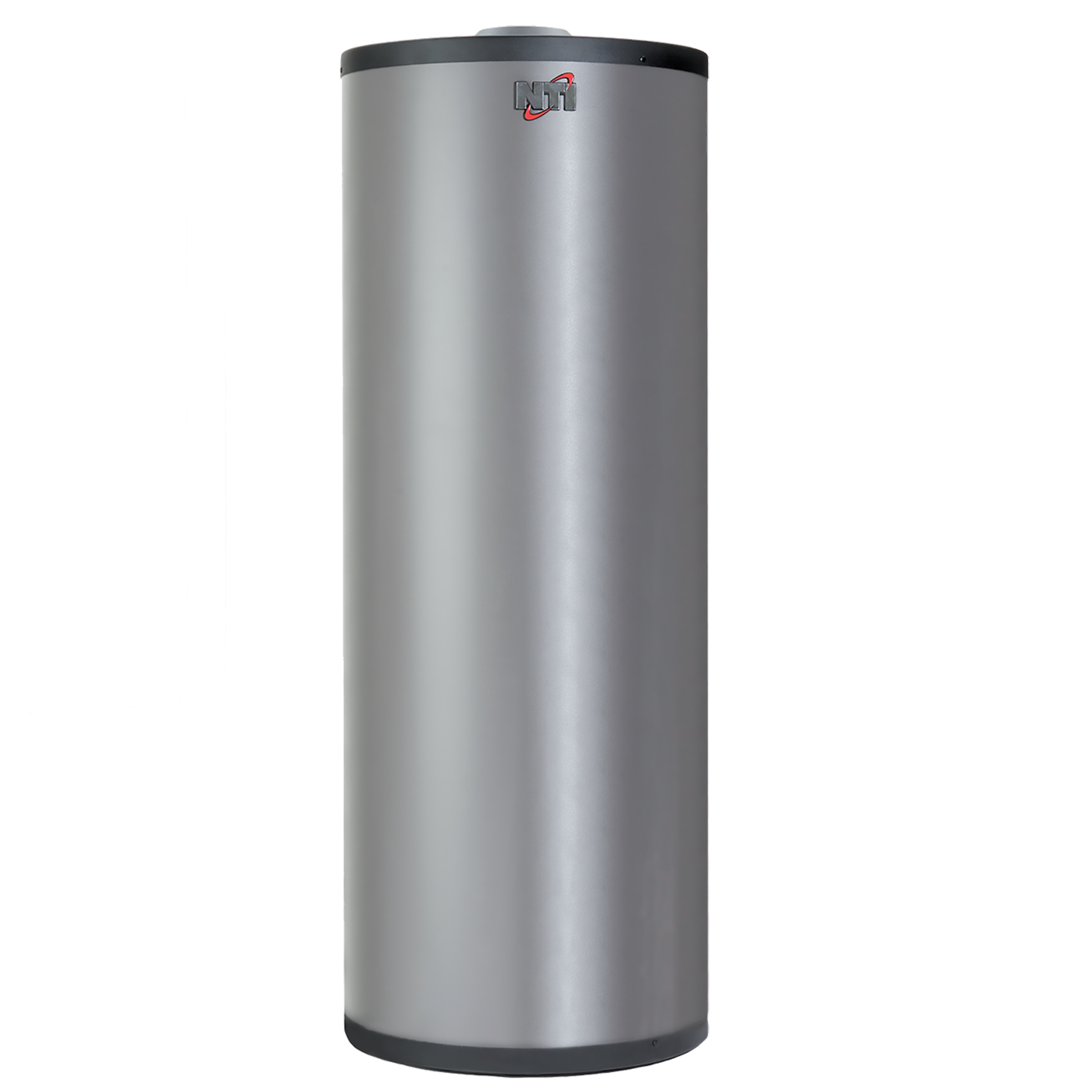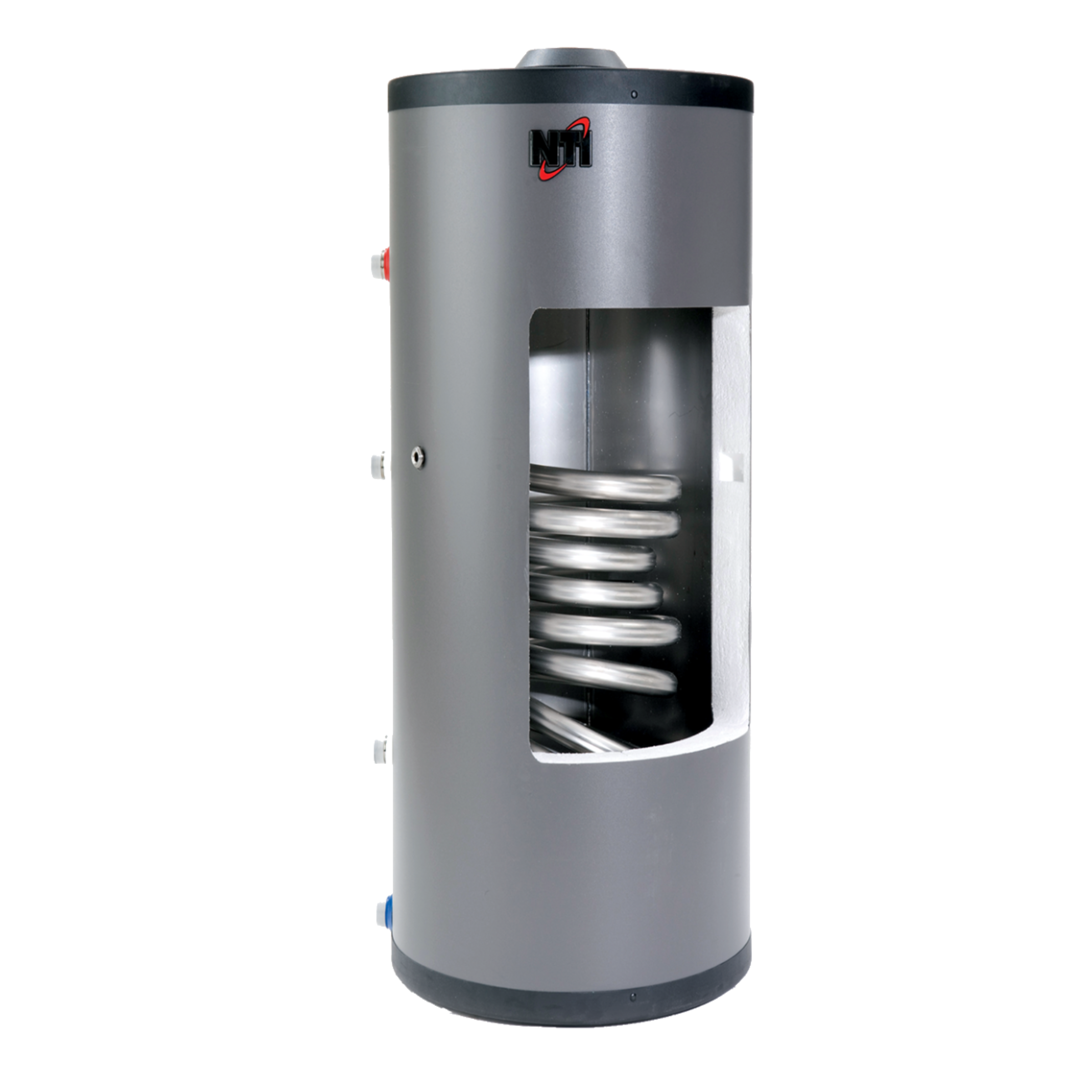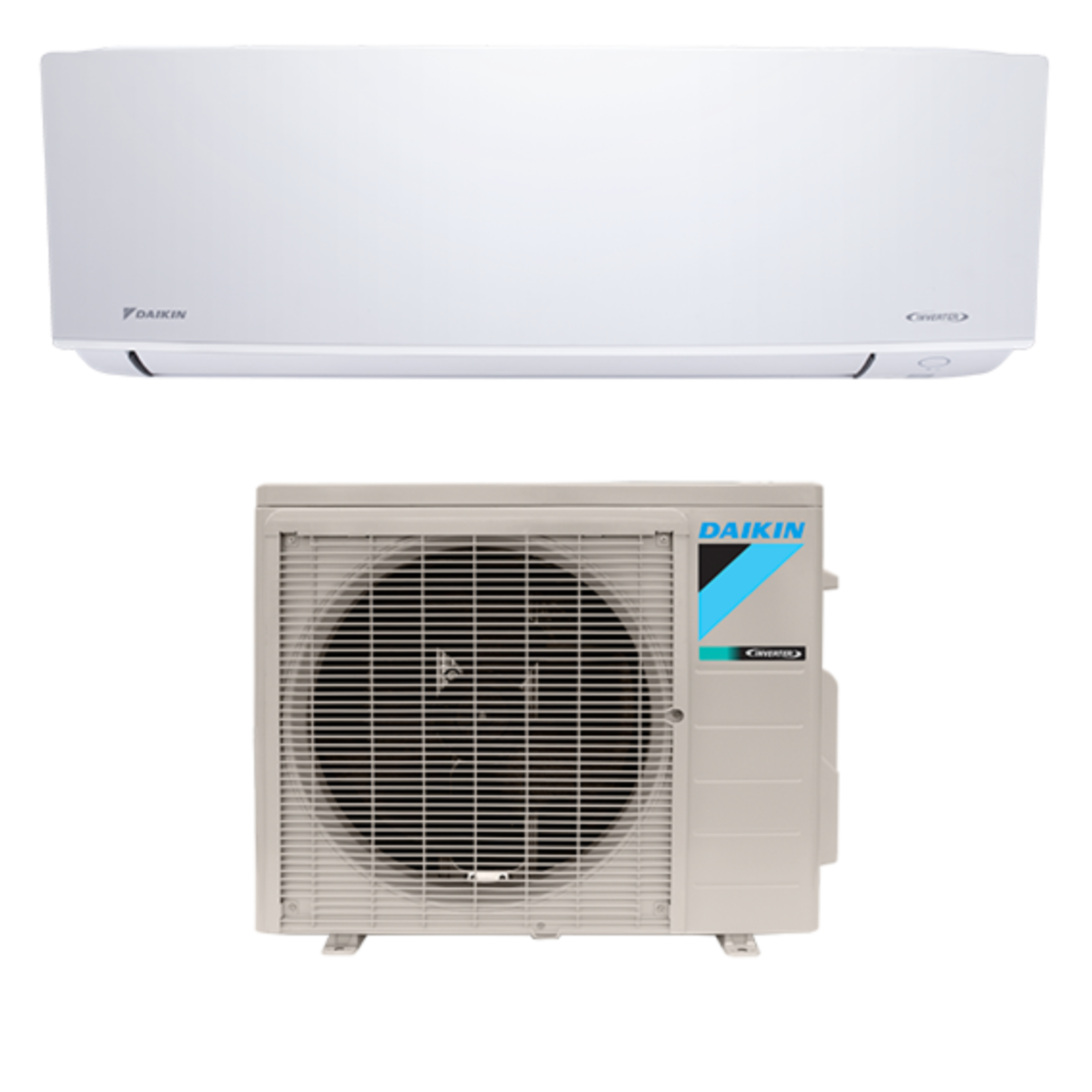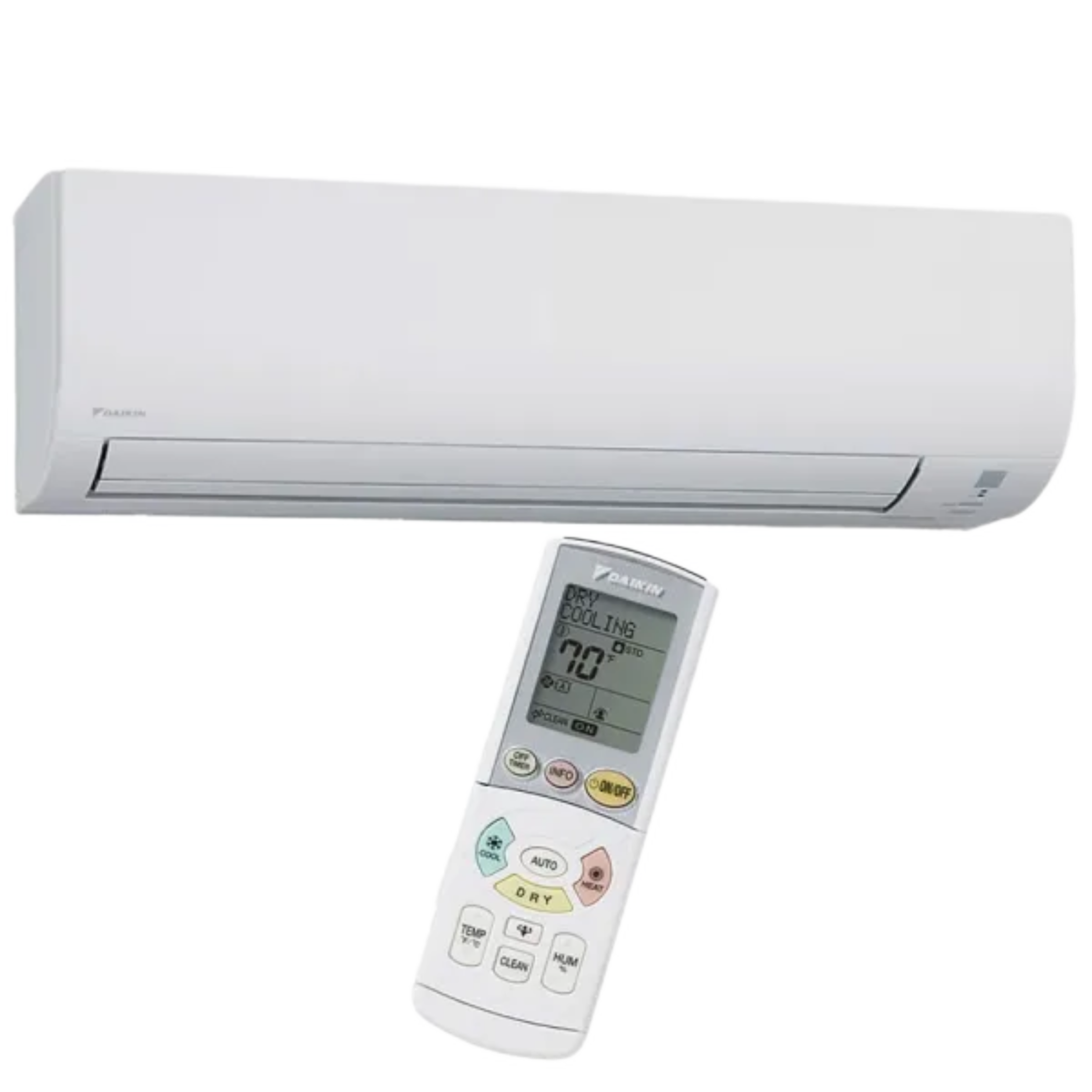What is HVAC? The Definition and Its Importance
The term HVAC may sound technical, but it simply stands for Heating, Ventilation, and Air Conditioning - a trio of functions that work together to keep our homes and workplaces comfortable and safe. These systems move air between indoor and outdoor spaces, keeping temperatures stable, humidity levels balanced, and air quality high. Imagine a sweltering summer day or a freezing winter night without the relief of a climate-controlled environment. That's what HVAC saves us from. It's not just about comfort, though; it's also about health. HVAC systems play a key role in removing airborne contaminants and ensuring the air we breathe is clean and fresh. So next time you settle into a cozy room or enjoy a breath of clean air, thank your HVAC system - the silent hero of modern living.
Heating Component of HVAC Systems
Picture this: your heat pump or furnace generates heat, which then warms up either air or water. This warmed air or water doesn't just stay put, though! Instead, it embarks on a journey throughout your entire building, guided by a network of ducts or pipes. As it travels, it releases its stored warmth, replacing the cold air in each room with a comforting, toasty atmosphere.
This year, in 2024, the heating elements of HVAC systems have smartly evolved to balance comfort with sustainability. They operate at peak efficiency, ensuring that every ounce of energy consumed is turned into palpable warmth. No wastage, no guilt, just an efficient, reliable source of winter warmth, keeping your spaces welcoming even when the temperatures outside dip.
Check out our 👉 Boilers and Water Heaters
Ventilation: The Vital Link in HVAC Systems
Ventilation is the unsung hero of the HVAC world. Often overlooked in favor of its more noticeable counterparts - heating and cooling - it plays an indispensable role in sustaining indoor air quality and ensuring our comfort and well-being. It's ventilation that takes charge of swapping stale air with fresh, oxygen-rich air, effectively keeping our spaces invigorating and our lungs happy!
So, what's the secret behind this seemingly simple exchange? It's a well-oiled process that involves some key players - air handlers, fans, filters, and ductwork. Together, they orchestrate a circulation of air that would make even a symphony conductor proud. The air handlers and fans kick start the process, driving air through the ductwork and into your living or working spaces. It's not just any air, though. Before it reaches you, it's filtered to remove dust, bacteria, odors, and any unwelcome particles. It's then tempered to the right temperature and humidity level for your comfort.
But ventilation isn't just about incoming fresh air. It's also about expelling the stale, used air back outside, ensuring that your indoor spaces remain fresh and invigorating. It’s a continuous cycle that works tirelessly to maintain the quality of the air you breathe.
Ventilation also plays a significant role in controlling moisture levels within your home or office. By efficiently removing excess moisture, it helps prevent the growth of mold and mildew, contributing to a healthier indoor environment.
Check out our 👉 Ventilation
Cooling Element in HVAC Systems - The Basics
When the heat of summer comes knocking, the cooling element of your HVAC system is your personal oasis, delivering chilled relief to your indoor spaces. This all-important role is typically filled by an air conditioner or a heat pump, both of which excel at drawing excess heat from your home or office and banishing it outside, leaving behind a cool and comfortable environment.
At the heart of this process is a remarkable phenomenon known as refrigeration. Here's how it unfolds: Your air conditioner or heat pump leverages a special substance known as a refrigerant, renowned for its ability to easily shift between liquid and gas states.
The refrigerant begins its journey in a gaseous state, absorbing heat from your indoor air. As it soaks up this heat, it transforms into a high-pressure gas, which then flows into the condenser coil. The refrigerant is then cooled down and returns to a liquid state, releasing the absorbed heat outdoors. Once the heat is expelled, the refrigerant evaporates back into a low-pressure gas and begins the cycle again.
Check out our 👉 Air Conditioners, Air Handlers, Window & Portable Air conditioners
HVAC System Controls - Thermostats and More
Consider the HVAC system as an orchestra, and its controls, particularly thermostats, as the conductor. These handy devices steer the symphony of heating, ventilation, and cooling, ensuring your indoor environment remains harmoniously comfortable.
Technology, always a game-changer, has revolutionized how we interact with our HVAC systems. Welcome to 2024, where programmable and smart thermostats rule the roost. Their ability to let users pre-set heating and cooling schedules isn't just convenient; it's also a big win for energy efficiency. Picture this - you can set your HVAC to dial down the heat while you're at work and warm things up just in time for your return home. Not only do you walk into comfort, but you also save on energy costs – a perfect score on both comfort and sustainability!
And what about those times when plans change, and you're not home when expected? Fret not. The beauty of smart thermostats lies in their ability to be controlled remotely via a smartphone. With a few simple taps, you can adjust the settings of your HVAC system from virtually anywhere, ensuring your home or office is always at the perfect temperature when you walk in.
However, HVAC controls aren't limited to thermostats alone. There are also humidistats and ventilation controls at your disposal. While humidistats give you control over the humidity levels in your space, ventilation controls let you manage air exchange rates, enhancing air quality, and comfort.
Energy Efficiency in 2024’s HVAC Systems
Today, more than ever, energy efficiency has transitioned from being a buzzword to a fundamental expectation. As we find ourselves in 2024, the realm of HVAC systems has beautifully adapted to this shift. Aiming to deliver maximum climate-controlled comfort with minimum energy expenditure, modern HVAC systems are a shining example of sustainability in action.
One of the game-changers in this efficiency revolution has been the introduction of variable speed motors. These smart devices adjust their speed to suit your specific heating or cooling needs at any given time, ensuring no energy is wasted. The beauty of this feature is that it uses only the amount of energy it needs, and not a watt more, seamlessly aligning comfort with conservation.
Similarly, the advent of two-stage heating and cooling has marked a significant stride towards energy efficiency. By operating at a low stage during mild weather and a high stage during more extreme conditions, these systems adapt to your needs while optimizing energy use.
How we help you pick the right HVAC system suitable to your home.
if you're unsure which is the right furnace, an air conditioner, or a heat pump, we can guide you by considering factors such as your home size construction, location, and existing ductwork. Don't hesitate, ask us "what HVAC suits me?" at info@onzy.ca or give us a call at +1 289-999-2334 and let our experts assist you.





